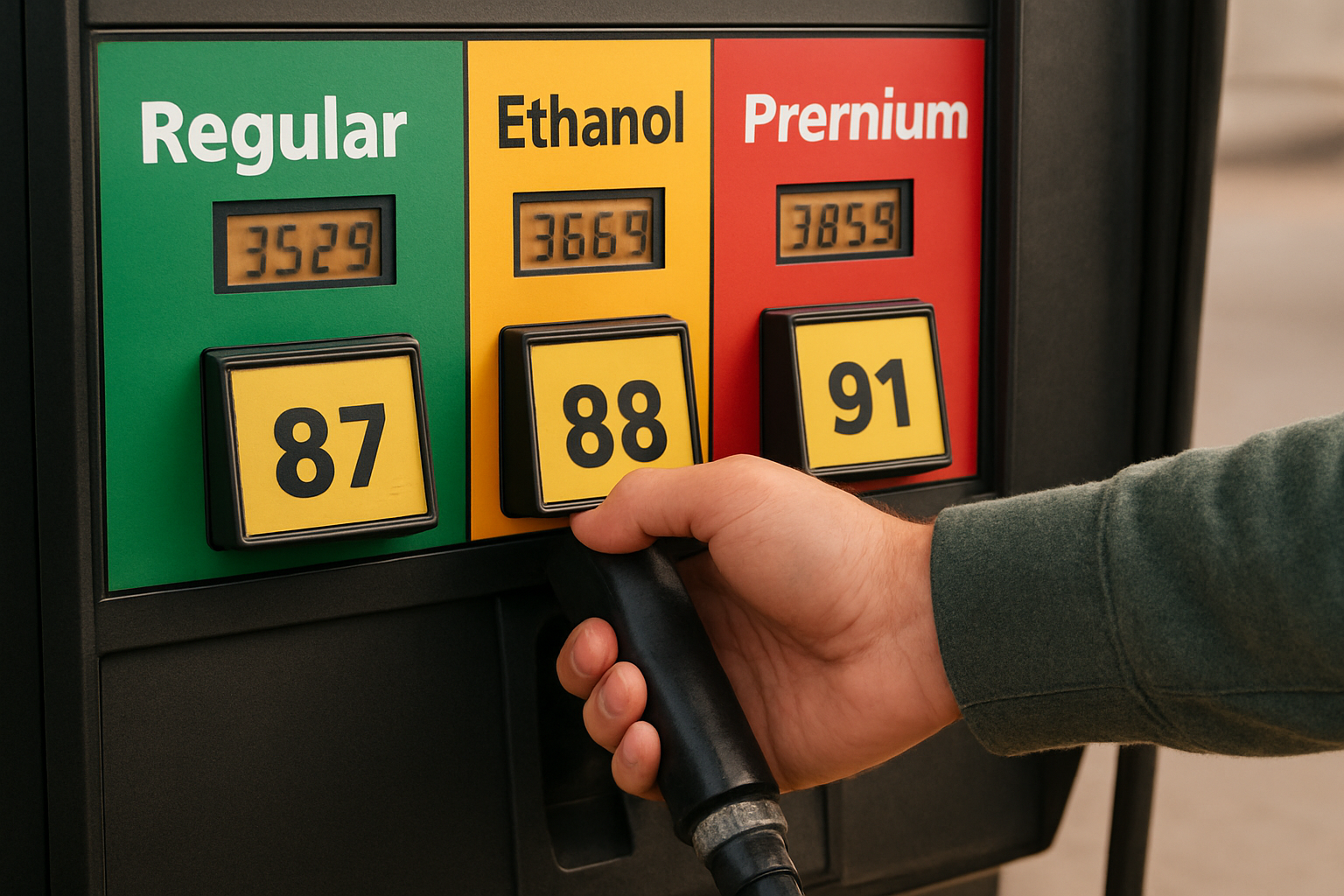Fuel Types and Prices: Understanding Your Options

Living and working in Turkiye brings many rewards: new culture, friendly neighbors, and varied travel options. At the same time, expats face practical challenges like higher living costs, unfamiliar vehicle rules, and choosing the right fuel for daily needs. This guide helps you compare fuel types, understand pricing mechanics, and pick the option that fits your budget and lifestyle.
1. Common fuel types and what they mean
Cars and heating systems in Turkiye use several fuel types. Each type offers different running costs, availability, and maintenance needs.
- Gasoline (petrol): Widely available, common in small and mid-size cars.
- Diesel: Efficient on highways and for heavy loads; many Turkish drivers prefer it for long-distance use.
- Autogas (LPG): Very popular in Turkiye due to lower per-liter prices after conversion.
- Electricity (EV): Growing network of chargers in cities and along major routes.
- Compressed natural gas (CNG): Less common for passenger cars but available in some fleets.
Use this list to match a fuel to your driving pattern. For example, pick diesel if you drive long distances weekly. Choose LPG if you drive mostly in-city and want immediate fuel cost savings after conversion.
2. How fuel pricing works and a simple cost calculation
Fuel prices reflect taxes, international oil markets, and local distribution costs. Prices can change weekly. You can make smart choices by focusing on cost per kilometer rather than price per liter alone.
Example calculation:
If petrol costs 2.00 per litre and your car uses 7 liters per 100 km, calculate cost per km:
(2.00 × 7) ÷ 100 = 0.14 per km.
Now compare this to an LPG-converted car that uses 9 liters of LPG per 100 km at 1.00 per litre:
(1.00 × 9) ÷ 100 = 0.09 per km.
In this example, LPG saves 0.05 per km. Multiply that by monthly kilometers to see your real savings.
3. Practical examples for different expat lifestyles
Match your fuel choice to how you live and work in Turkiye. Here are clear scenarios and recommended directions.
City commuter: If you drive 20–40 km daily, focus on lower cost per km and easy refueling. Autogas can lower monthly expenses. EVs work well if you have reliable charging at home or work.
Long-distance worker: If you drive 200+ km per week, choose diesel for better fuel economy on highways. Diesel engines deliver fewer refuels and better torque when carrying luggage or towing.
Occasional driver: If you use a car only on weekends, avoid conversion costs. A small petrol car or car-sharing services often cost less over the year.
4. Key features to review before you switch
Evaluate several factors to make a confident choice. Use the checklist below when you compare options.
- Availability: Check station networks and charging points along your regular routes.
- Running cost: Calculate cost per km using your average consumption.
- Conversion cost: Factor in one-time costs like LPG conversion or EV home charger installation.
- Maintenance: Diesel and LPG systems require different service intervals and parts.
- Resale value: Consider how fuel type affects the car’s resale in the local market.
For example, an LPG conversion pays back in months if you drive high urban mileage. An EV pays back faster if you charge primarily at low-cost home rates and you avoid expensive city parking fees for combustion cars.
5. Tips for saving money and staying compliant
Follow practical steps to reduce fuel expenses and meet Turkish regulations.
- Track consumption: Use a simple log or an app to record liters and kilometers.
- Plan routes: Combine errands to reduce cold starts and idle time.
- Use public networks: Find reliable station apps to compare prices in real time.
- Service regularly: Maintain tire pressure and engine tuning to keep consumption low.
- Check legal requirements: Ensure LPG conversions meet Turkish inspection standards and that EV chargers meet building rules.
Example action: If you find a consistent price gap favoring LPG, calculate break-even months for your conversion cost. If the break-even period fits your expected stay in Turkiye, convert. If not, opt for an efficient petrol or diesel vehicle instead.
Conclusion
You can control the biggest part of your transport costs by choosing the right fuel type for your situation. Compare cost per kilometer, factor in conversion and maintenance, and use tools to monitor prices and consumption.
Small changes—route planning, tire checks, and using local price apps—add up to meaningful savings. Apply the examples and checklist in this article to make decisions that match your budget and lifestyle as an expat in Turkiye.
